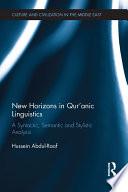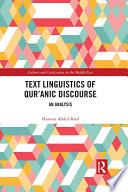
Islamic Counselling
An Introduction to theory and practice
Islamic counselling is a form of counselling which incorporates spirituality into the therapeutic process. Until now there has been little material available on the subject with no one agreed definition of Islamic counselling and what it involves. There has also been a rapidly growing population of Muslims in Western societies with a corresponding rise in need of psychological and counselling services. Islamic Counselling: An Introduction to theory and practice presents a basic understanding of Islamic counselling for counsellors and Islamic counsellors, and provides an understanding of counselling approaches congruent with Islamic beliefs and practices from a faith-based perspective. The book is designed as an introduction for counsellors, its goal is to inform the reader about how the diverse roles of the Islamic counsellor fit together in a comprehensive way and to provide the guidelines that can be potentially integrated into a theoretical framework for use. The book is divided into two parts. Section one: Context and Background, and Section two: Assessment, Models and Intervention Strategies. Islamic Counselling encompasses both current theory, research and an awareness of the practice implications in delivering appropriate and effective counselling interventions with Muslim clients. It will be essential reading for both professionals and students alike.
- ISBN 13 : 1317441257
- ISBN 10 : 9781317441250
- Judul : Islamic Counselling
- Sub Judul : An Introduction to theory and practice
- Pengarang : G. Hussein Rassool,
- Kategori : Psychology
- Penerbit : Routledge
- Bahasa : en
- Tahun : 2015
- Halaman : 282
- Google Book : https://play.google.com/store/books/details?id=o_QsCgAAQBAJ&source=gbs_api
-
Ketersediaan :
Arredondo, P., Toporek, R., Brown, S.P., Jones, J., Locke, D.C., Sanchez, J. and
Stadler, H. (1996) 'Operationalization of the multicultural counseling
competencies', Journal of Multicultural Counseling and Development, 24(1): 42–
78.









